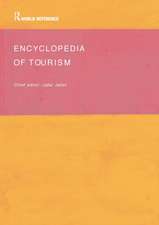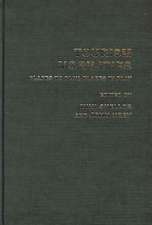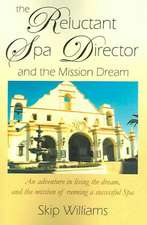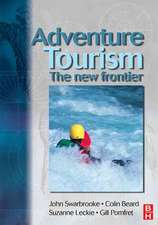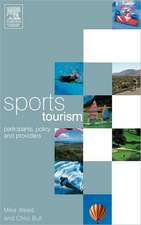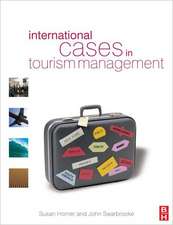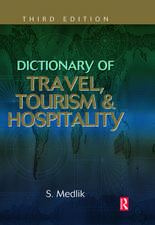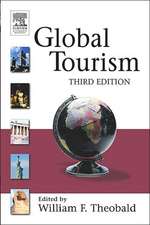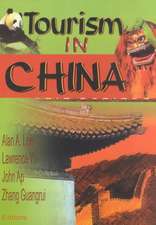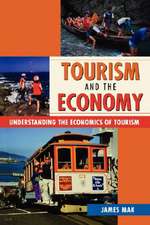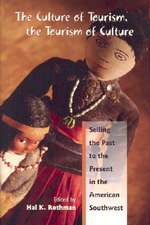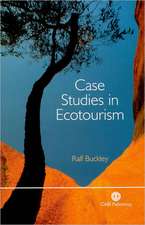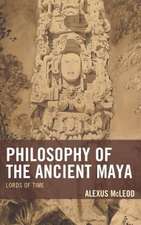Tourism and Language in Vieques: The Anthropology of Tourism: Heritage, Mobility, and Society
Autor Luis Galanes Valldejulien Limba Engleză Hardback – 8 dec 2017
After more than sixty years of occupation by the U.S. Navy and intensive community struggles, the Puerto Rican island of Vieques was finally returned to civilian control in 2003. But, as this book documents, the Viequenses' struggles were far form over after the departure of the Navy. The Viequenses were left to contend with the devastating effects of sixty-two years of bombing; the environment and health of the population had been severely harmed. Yet this was a minor issue in comparison to the effects of the newly instated tourism industry on the island. Drawing from ethnographic research conducted between 2004 to 2016, Luis Galanes Valldejuli captures the larger social conflict derived from the arrival of tourists, who brought change to the island in the form of land speculation, work conflicts, racism, language barriers, and neoliberalism. A close observer of the Viequenses, Valldejuli details the deleterious effects of tourism on the voice of the Viequenses: they were no longer heard. This book is recommended for scholars of anthropology, tourism studies, linguistics, cultural geography, political science, and history.
Din seria The Anthropology of Tourism: Heritage, Mobility, and Society
-
 Preț: 386.56 lei
Preț: 386.56 lei - 23%
 Preț: 649.97 lei
Preț: 649.97 lei -
 Preț: 341.22 lei
Preț: 341.22 lei - 27%
 Preț: 756.07 lei
Preț: 756.07 lei - 23%
 Preț: 686.44 lei
Preț: 686.44 lei - 23%
 Preț: 589.94 lei
Preț: 589.94 lei -
 Preț: 308.32 lei
Preț: 308.32 lei - 23%
 Preț: 651.78 lei
Preț: 651.78 lei - 23%
 Preț: 648.34 lei
Preț: 648.34 lei - 23%
 Preț: 684.64 lei
Preț: 684.64 lei - 27%
 Preț: 811.34 lei
Preț: 811.34 lei - 23%
 Preț: 585.25 lei
Preț: 585.25 lei -
 Preț: 305.94 lei
Preț: 305.94 lei - 23%
 Preț: 654.80 lei
Preț: 654.80 lei - 27%
 Preț: 738.53 lei
Preț: 738.53 lei - 23%
 Preț: 589.13 lei
Preț: 589.13 lei - 5%
 Preț: 293.65 lei
Preț: 293.65 lei - 23%
 Preț: 619.79 lei
Preț: 619.79 lei - 23%
 Preț: 586.43 lei
Preț: 586.43 lei
Preț: 749.75 lei
Preț vechi: 1027.06 lei
-27% Nou
143.51€ • 150.77$ • 120.61£
Carte tipărită la comandă
Livrare economică 12-26 martie
Specificații
ISBN-10: 1498555411
Pagini: 348
Dimensiuni: 152 x 229 x 18 mm
Greutate: 0.43 kg
Editura: Rowman & Littlefield
Seria The Anthropology of Tourism: Heritage, Mobility, and Society



